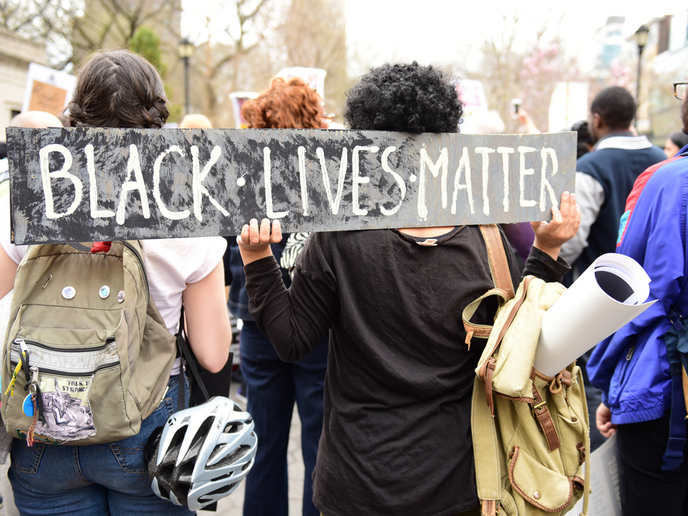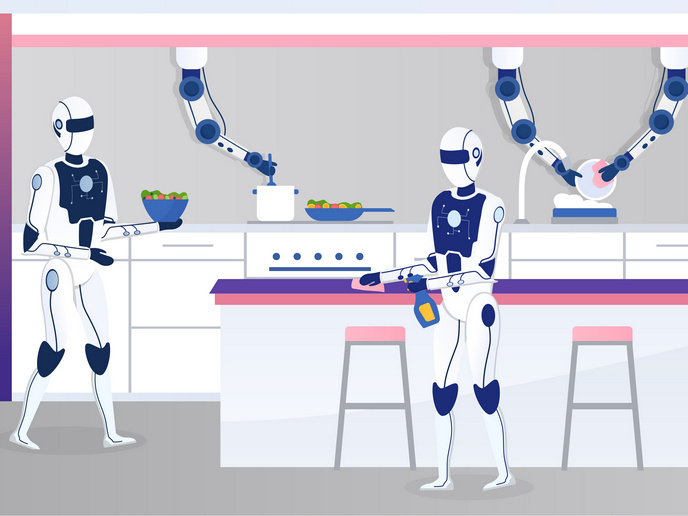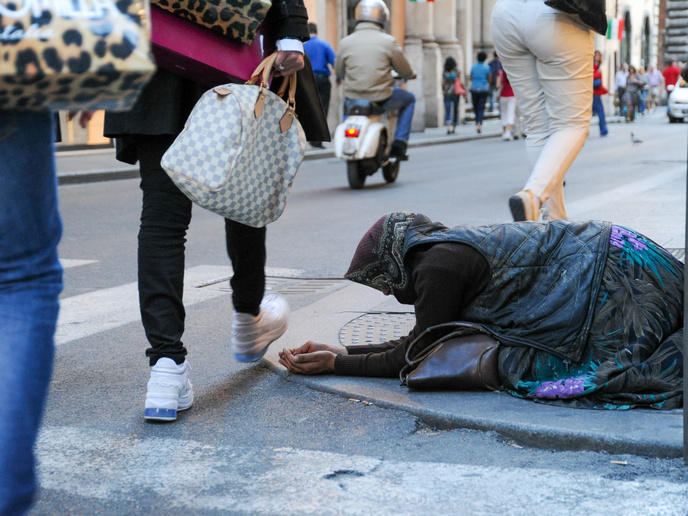Studies highlight latent conflict behind different concepts of democratic equality
Democratic participation, and particularly referendums, have never been so intensely debated. Is such direct involvement in decision-making really good for democracy? Are all citizens equipped to understand the issues at hand especially in a context of growing misinformation campaigns? Should everyone have a say in matters they are not necessarily impacted by? Of all the questions facing policy-makers, the UNREP (Who Should Have a Say? Preferences for Unequal Representation) project focused on the latter by studying the factors shaping citizen reactions to democratic consultations, and more specifically their stances on equal representation. In Europe in 2016, the Brexit referendum might have made a perfect case study. But the project rather focused its investigations on the US, using large-scale survey experiments on the likes of police guideline reforms, changes to the income tax code, and municipal funding for homeless shelters. As expected in the current political context, surveys on police misconduct towards minorities were particularly polarising. “In many countries, racialised minorities are disproportionately more likely to be the victims of police misconduct. These groups are more affected by the problem than the average citizen and would therefore be more affected by policy changes meant to address the issue,” explains Dr Anthony Kevins, Marie Curie Research Fellow at Utrecht University and coordinator of UNREP. This simple fact, however, doesn’t guarantee that less-impacted citizens would have been keen on providing such groups with a special weight in relevant public consultations or, for all we know, that they would rather have insisted on having all citizens treated equally. What type of citizens support and oppose giving more of a voice to affected groups, and what factors might increase or decrease opposition to these sorts of consultation measures? By answering these questions, the UNREP project hoped to learn more about how democratic practices might impact citizens and, conversely, be shaped by them. “Perhaps our most striking results are those looking at consultations on police guideline reforms. The study, co-authored with Joshua Robison, is based on a survey experiment fielded to over 2 000 Americans, and focuses on reactions to consulting African-Americans,” says Dr Kevins. “Half of the respondents read a text in which the politician suggests consulting the community as a whole, while the other half read a text in which he suggests specifically consulting the African-American community. At the same time, the text randomly varied both the politician’s race and his party affiliation.” Average responses to the two consultation proposals were quite different. Specifically, reactions varied according to respondents’ own party affiliation and to their levels of racial resentment, which was measured earlier in the survey. Neither the politician’s race nor his party seemed enough to tip the scale. Taken globally, the project results particularly show that different concepts of democratic equality are likely to conflict, and that these tensions will come out when elected representatives reach out to their constituents. “What’s more, these tensions seem all the more likely when minority groups are being consulted, in particular when it comes to groups that are viewed negatively by certain segments of the population. As my study with Joshua Robison suggests, issues such as racial resentment may play a crucial role in shaping reactions to consultation measures. Depending on the context, democratic consultations may thus end up stoking inter-group tensions and reinforcing pre-existing cleavages. One might argue, then, that the design of consultation measures should consider these sorts of issues at the local level,” Dr Kevins concludes.







